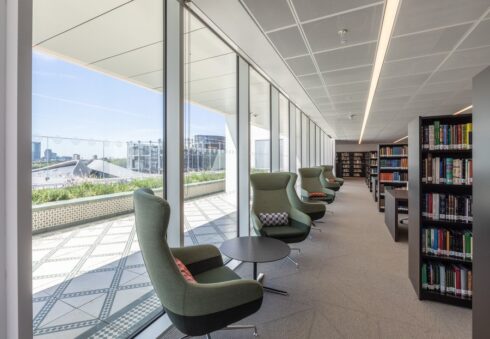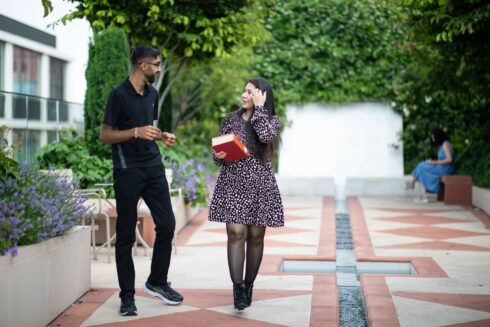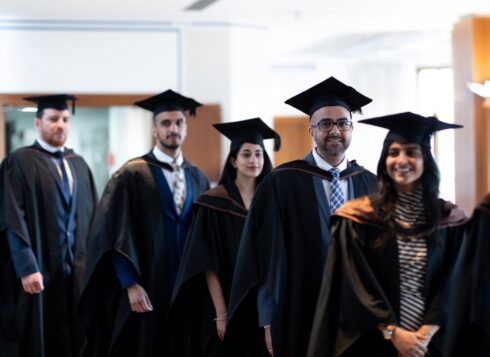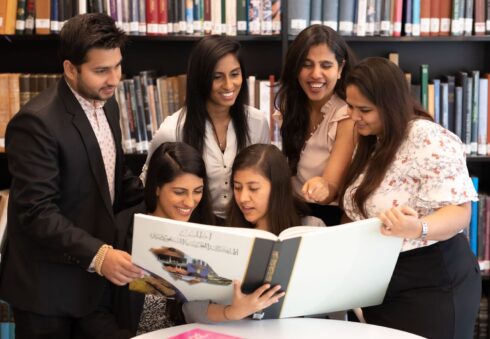Pre-sessional and in-sessional academic skills support
Each new cohort has students with varying levels of English language and academic skills proficiency.
Based on the entry tests we conduct with students and the academic English skills results at the time of admissions, some students attend a pre-sessional course (PASHE) at the IOE for development of their academic English skills. Some will be invited to come to the UK up to one-month earlier to take part in In-House Pre-sessional Programme (IPREP) at the IIS for academic skills enhancement in advance of starting STEP.
Some pre- and in-sessional academic skills classes will also be timetabled for all students in the first term at the IIS. This is to orient students to the academic conventions of postgraduate study and enhance students’ skills in this area prior to submission of the first assignments. Other sessions may be scheduled by the Academic Skills Support Team (ASST) at the IIS according to need and upon request.
Some pre- and in-sessional academic skills classes will also be timetabled for all students in the first term at the IIS. This is to orient students to the academic conventions of postgraduate study and enhance students’ skills in this area prior to submission of the first assignments. Other sessions may be scheduled by the Academic Skills Support Team (ASST) at the IIS according to need and upon request.
In-house support
In-house support includes one-to one sessions with individual Academic Advisers, lecturers and the Academic Skills Support Team at the IIS. All students are allocated an Academic Adviser at the IIS, who is available to provide students with constructive academic and personal development guidance and support across the programme of study that will guide them in their journey to become professional teachers. Academic Advisers also review students’ wider academic progress.
Students who need additional support will be able to meet regularly with the IIS’ Academic Skills Support Team, who will work with students to determine the type of support they need. This support is available for academic skills needs and some language needs. Students may request academic skills classes or workshops, or one-to- one tutorials and consultations where a member of the team will offer them support and guidance on their academic skills. Alternatively, students may email their assignments for feedback on their writing. This service will be available to all students throughout their period of study at the IIS, subject to availability.
Students are encouraged to learn from the comments of the lecturers and to discuss their progress with their lecturers and Academic Advisers as well as the Academic Skills Support Team and the Programme Leader
Conference fund
To support the academic growth and development of students, they are actively encouraged to participate in conferences which the Department aims to facilitate through the dedicated Student Conference Fund.





